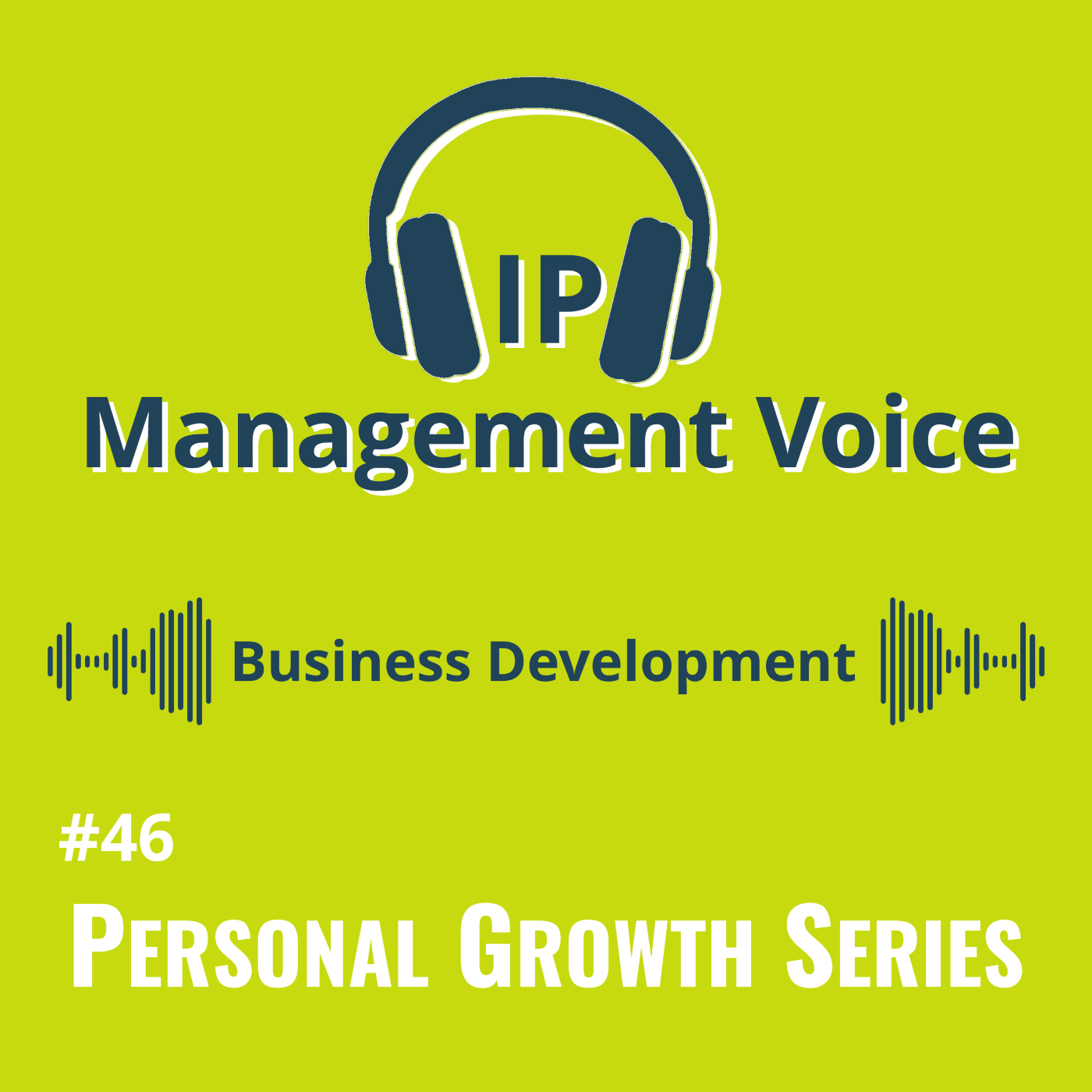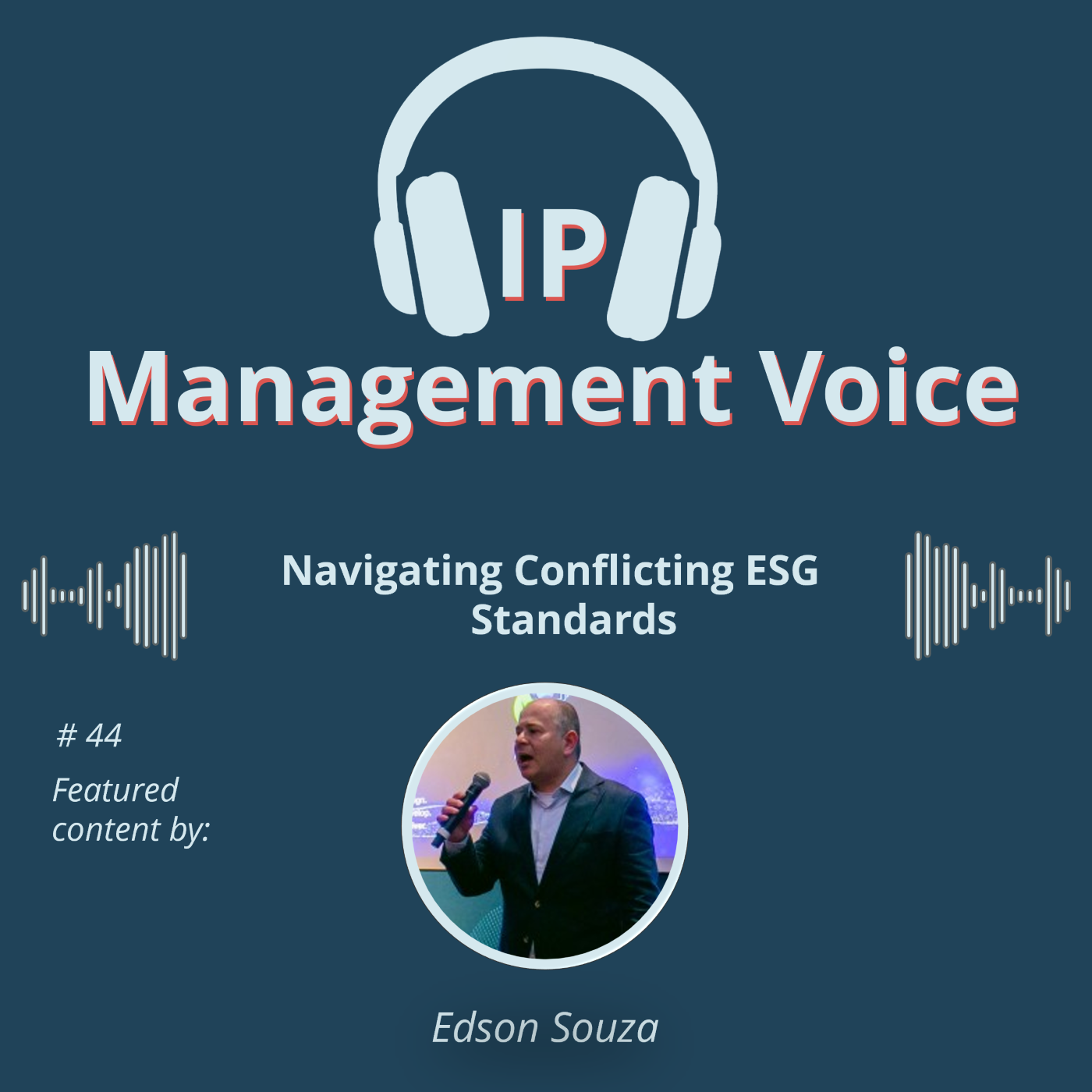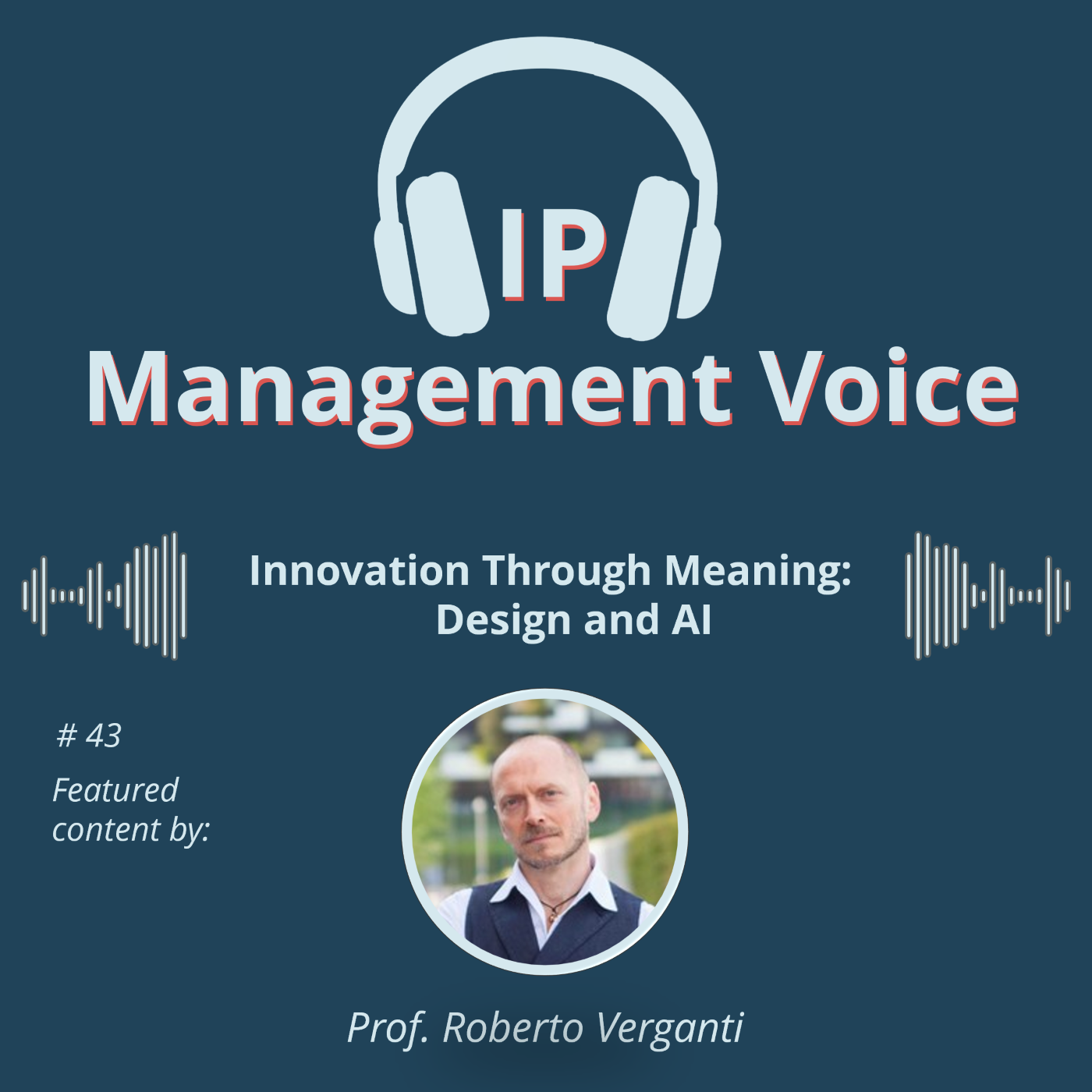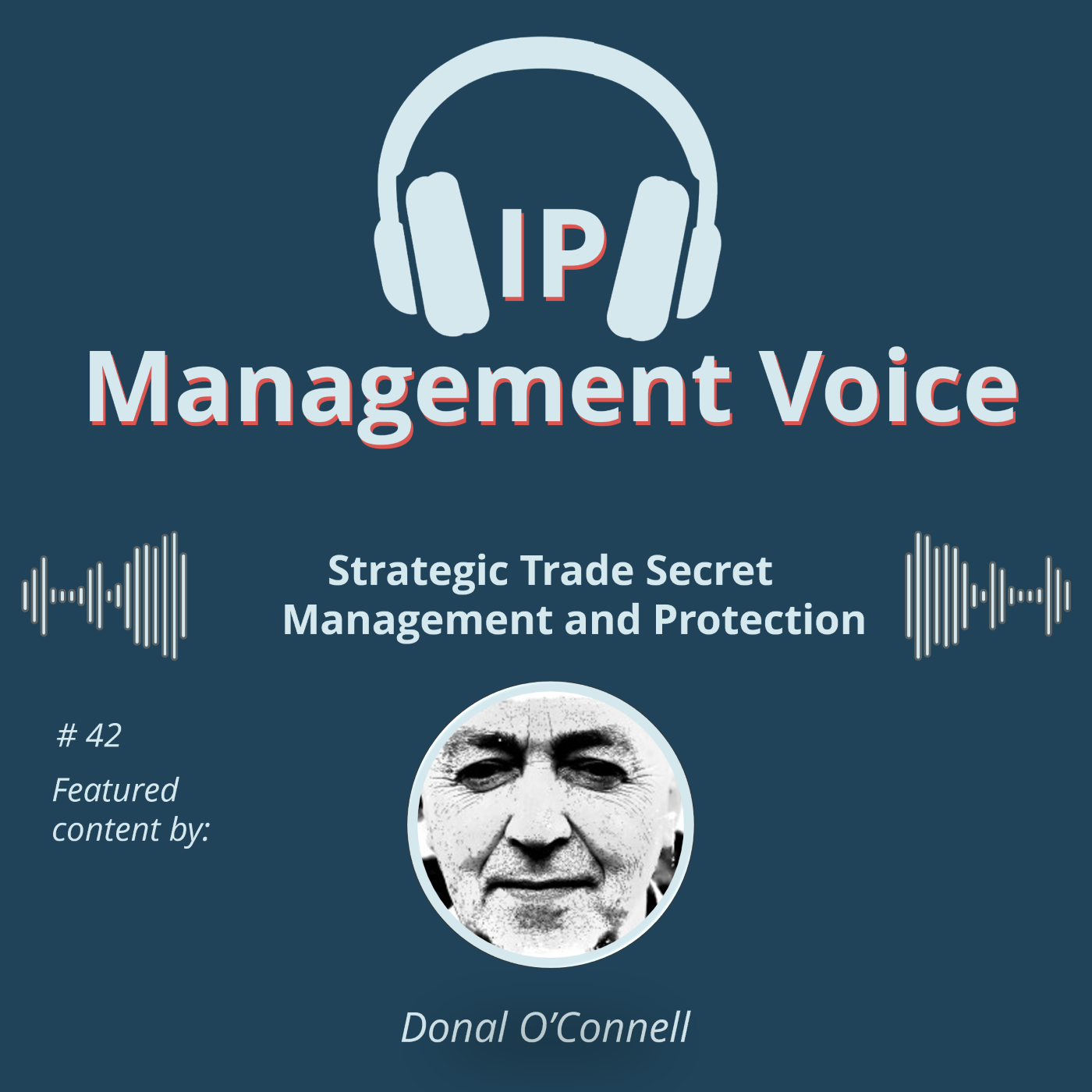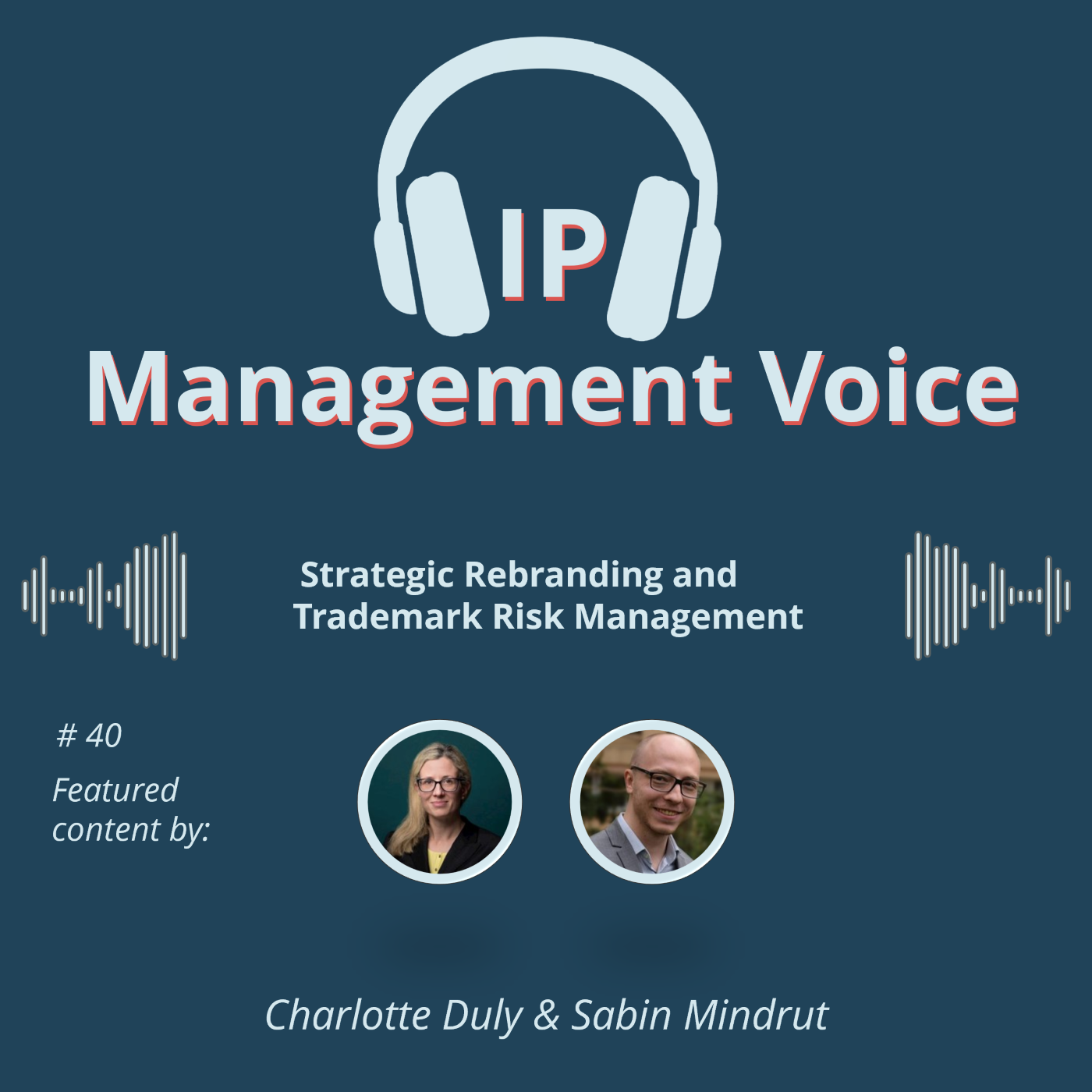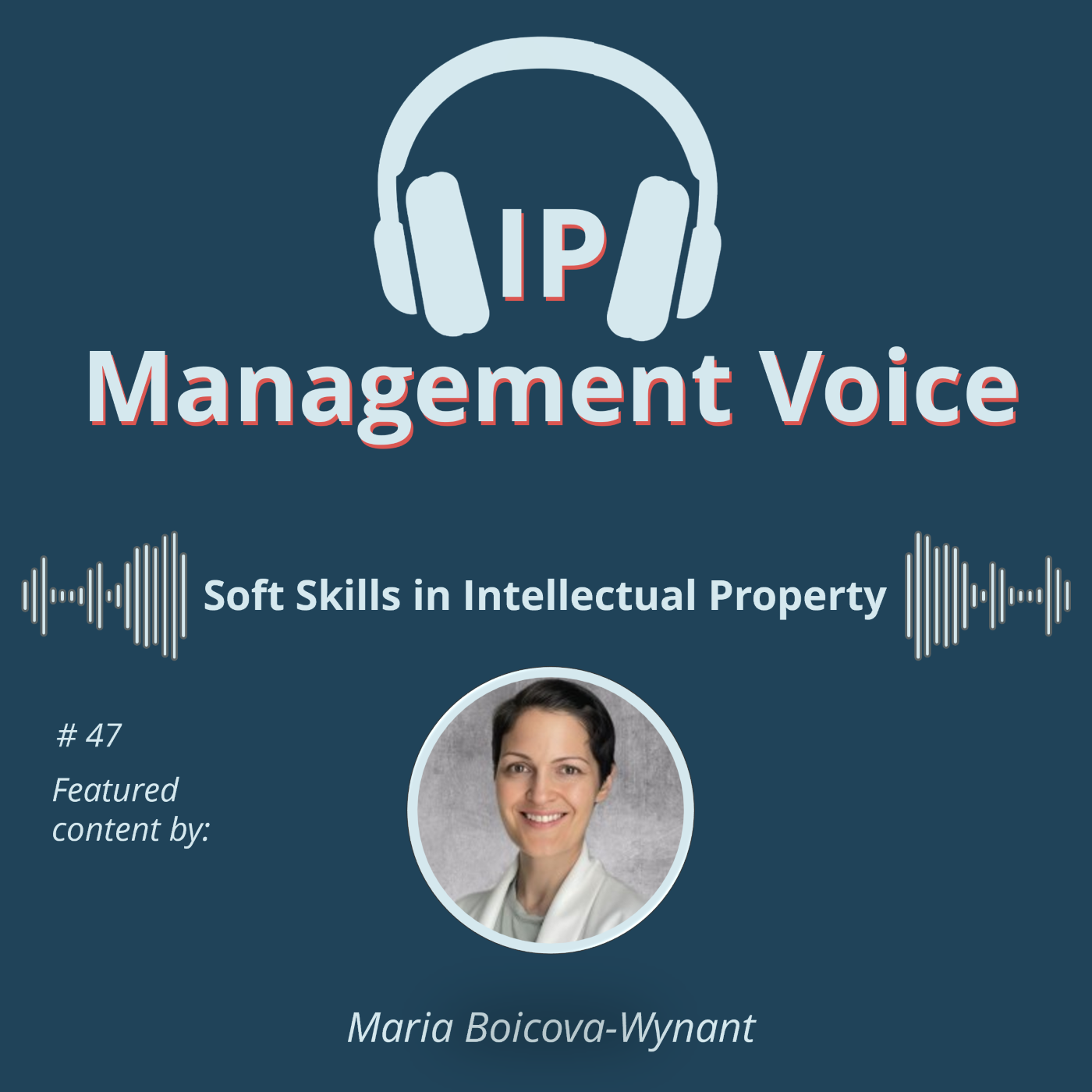
#47 Soft Skills in Intellectual Property
While technical legal knowledge remains fundamental, the piece argues that abilities like communication, empathy, and clear explanation are becoming increasingly vital for success, framing IP as a fundamentally people-centric business. Boicova-Wynants suggests that developing these skills early, understanding client needs beyond the technical, and strategically leveraging digital communication are key to building trust and demonstrating value in a competitive landscape. The discussion also touches on the psychology of IP decision-making and the role of mentorship in honing these essential capabilities.
